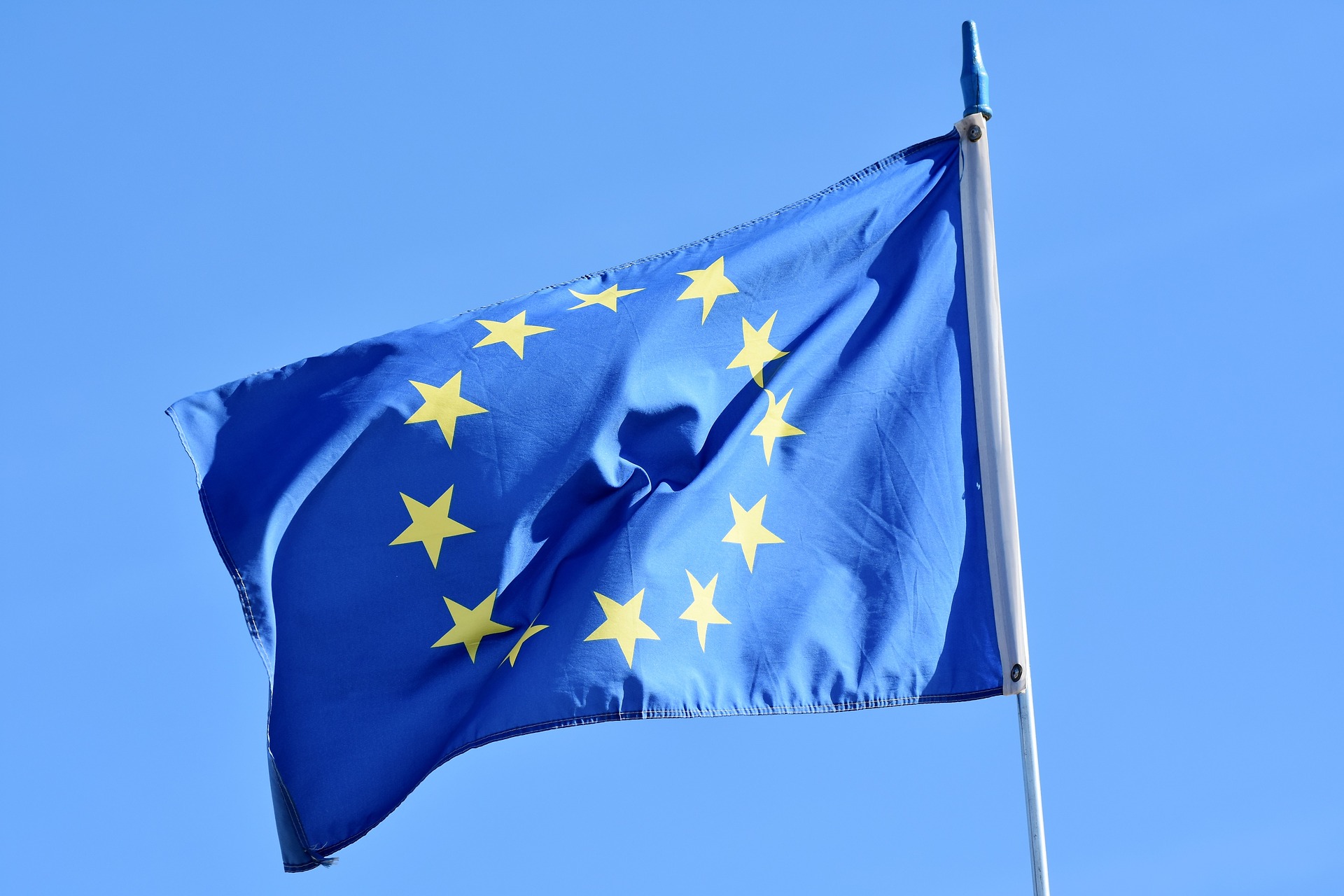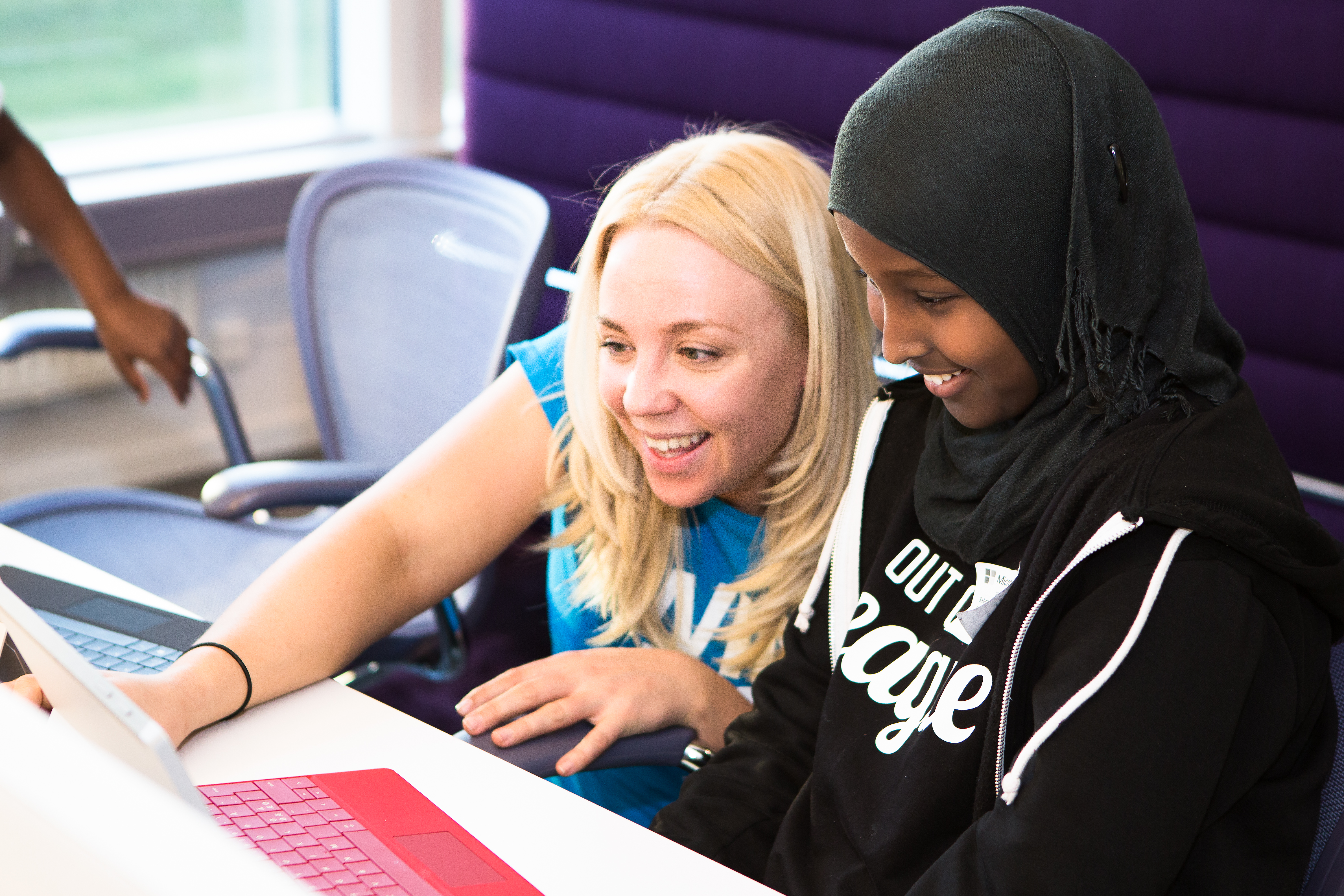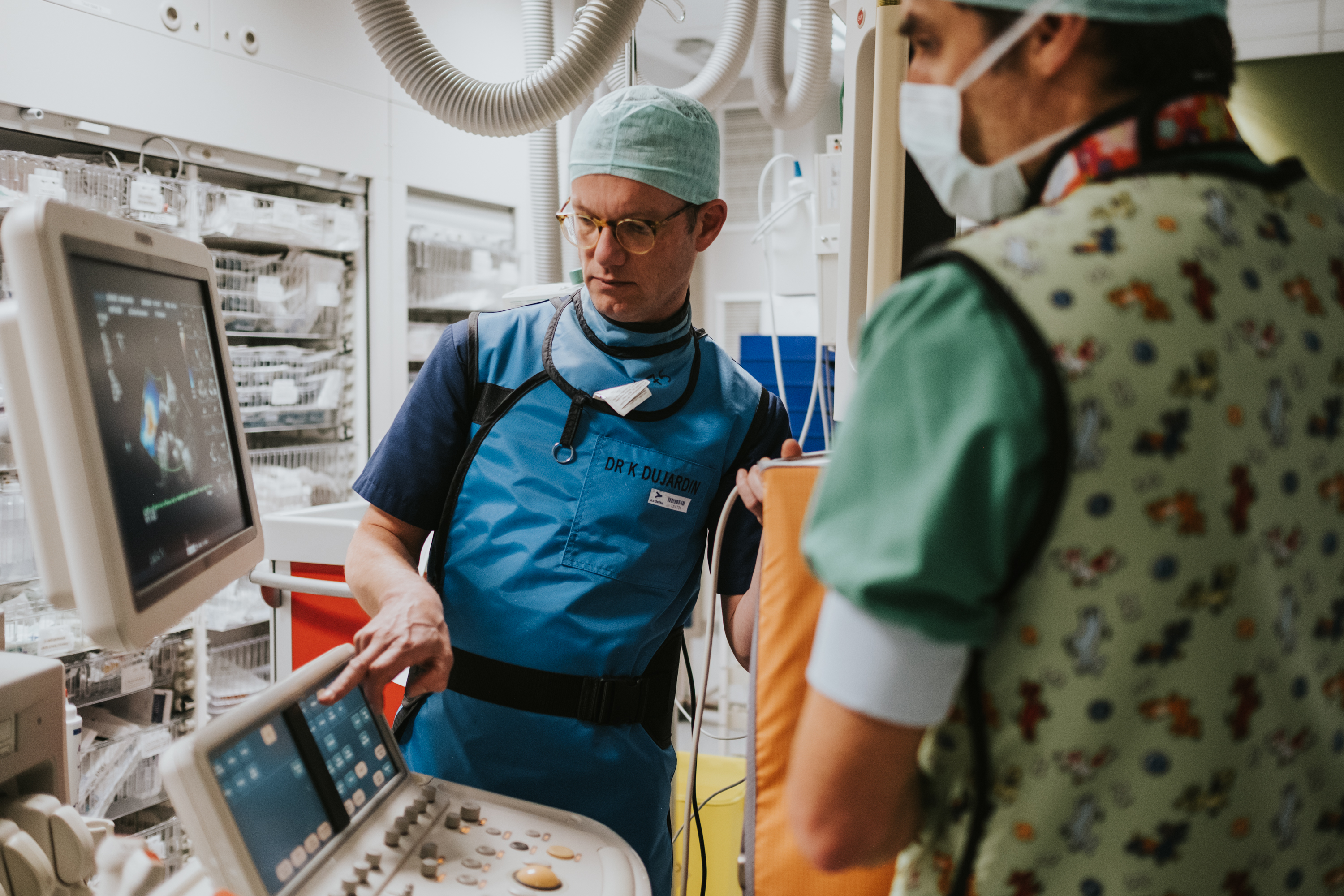This year has been incredibly busy for Microsoft in Europe. We’ve launched new products, worked with customers and partners to deliver cutting-edge technology solutions, and worked towards our mission of helping every person and organisation achieve more.
We’ve rounded up ten of the biggest stories from the past year below, with the option to click on through to each one to read them in full. Thanks for reading, and have a Happy New Year!
Volkswagen’s future of connected, shareable cars
For German car manufacturer Volkswagen, the future of the car goes beyond a mere four-wheeled chauffer and errand-runner. Our cars will also integrate with our lives in ways never before thought possible. Earlier this year, the company revealed its plans for the Volkswagen Automotive Cloud – a platform which will create a seamless experience for drivers from the moment they enter, use, and leave their cars, ushering in a new era of truly connected vehicles.
Powered by Microsoft’s Azure cloud and IoT Edge platform, the Automotive Cloud will allow drivers to effortlessly remain in control of their professional and personal lives. From entering the car to the same music they were just listening to in their living room, to managing their appointments and carrying out work meetings via Skype, the car will evolve into an invaluable physical, and digital, assistant.
This time it’s personal: the financial industry is banking on AI to better serve customers
The financial services industry is undergoing a massive transformation. Financial technology companies (fintechs) are challenging traditional enterprises, while players from other sectors such as retail and technology are entering their turf. In addition, customers are increasingly demanding predictive, proactive and proximate services. Today’s financial institutions need to ensure that every customer interaction – no matter the channel – goes off without a hitch and delivers value if they want to be industry leaders tomorrow.
Microsoft EMEA President Michel van der Bel had the pleasure of discussing the transformation of the financial services industry with Spiros Margaris, venture capitalist, senior advisor, and international AI, blockchain and fintech influencer. Click below for their full discussion and insights.
The future of fashion and retail
Today’s successful retailers challenge the fundamental assumptions of commerce, from the ways in which physical spaces can be used to create unique customer experiences, to featuring products and services that one cannot find elsewhere to resurrecting the art of selling. The digital transformation of the retail (and indeed, any other) industry is no longer about simply managing costs and increasing efficiency. Rather, it enables companies to react to brutally competitive market forces with new service models, business practices, supply chains and more. At the heart of this retail revolution lies data, alongside the tools required to analyze it to help businesses continuously evolve, improve, and grow – all while creating and maintaining customer loyalty, and remaining competitive.
Medicine Man: How AI is bringing humanity back into healthcare
“When mistakes happen, patients die. I remember thinking to myself ‘What is going on here?’ We can do better. We should do better.”
When Simon Kos practiced critical care medicine in intensive care and anaesthesia early on in his career, digital technology was not well established. “I saw mistakes – avoidable mistakes – happen all around me,” he states. Now Chief Medical Officer at Microsoft, Kos is at the forefront of a medical revolution. His ambition is infectious, and his passion is fuelled by his first-hand experiences of the power that technological transformation, such as artificial intelligence (AI), can bring to our lives.
Knowledge is the best defence
If you were asked to pick the most vulnerable demographic to tech support scams, chances are your answer would lean towards the older generation. Traditionally, the elderly have less experience/knowledge of technology, and could therefore be more at risk of falling victim to these scams.
Microsoft’s survey results, however, show that Gen Z, millennials and males are the most vulnerable to tech support scams – a surprising revelation, given that the younger generation is, on the whole, more digitally savvy. This, however, appears to be the cause of their overconfidence and false sense of security – these groups are the most likely to lose money after continuing an interaction with scammers. These demographics, the results show, engage in riskier online behavior such as visiting torrent sites, have a greater familiarity with technology companies than older generations, and are potentially hurt by overconfidence in their device and web expertise.
POLITICO Europe elects Microsoft technology to power its innovative new Elections Hub
In collaboration with Microsoft, POLITICO Europe launched a new Elections hub to report on the upcoming 2019 European Parliamentary elections. One of the key features of the hub is a stunning interactive data visualization – built with Microsoft Power BI. The team at POLITICO Europe seeks to bring an unprecedented degree of education and insight to the European electorate as they navigate the complicated election process, which spans thousands of candidates and hundreds of parties across the EU’s 27 member nations. POLITICO Europe’s leaders worked with Microsoft to envision new ways of reporting likely outcomes of the election, and break down complex issues like coalition building, to show individual voters the impact of their vote, and draw new participants into the democratic process.
The secret of productivity
While there’s no doubt that moving data to the cloud, adopting Artificial Intelligence, and implementing remote working tools is helping businesses to scale and innovate like never before, the question on leaders’ minds is not if, but how, to digitally transform. Leaders must focus on how can technology empower their employees and drive growth.
To help businesses understand how to best empower their workforce, Microsoft spoke to more than 20,000 people working in medium and large companies, from a range of industries, in 21 different countries across Europe. Respondents were asked about the technology they use at work, and their attitudes towards their job and their job performance.
The findings clearly show that to compete in today’s cloud-first world, quality tools alone aren’t enough: for technology to be most effective, it needs to sit within a strong digital culture.
Girls in STEM: the importance of role models
Research from Microsoft reveals that the number of girls interested in STEM across Europe, on average, almost doubles when they have a role model to inspire them. The findings from a Europe-wide study of girls and young women shows that in general, there is a clear link between role models and an increased passion for science, technology, engineering and maths subjects, with more interest in careers in these fields, and greater self-confidence.
Microsoft’s research stands alongside organisations such as UNESCO and Accenture in providing data and insights around the importance of role models in STEM, with the hope that educators, policy makers, NGOs and the private sector can all work together and invest towards bridging the digital skills gap of the future. With women only making up 30 percent of Europe’s ICT workforce and an expected shortage of up to 500,000 ICT workers by 2020, this is an issue we must all address today – and role models could help.
Healthcare with heart
Medical science continues to progress, allowing doctors to push the boundaries and always achieve more. One such example is the implantation of heart valves via the groin – a procedure which has reached full swing in recent years due to it shorter recovery period and less invasive nature. Some questions, however, are still asked. Are costly procedures such as this as successful as scientific studies are? Do these innovative techniques have the effect of reducing mortality? Are the results as good in one hospital as in the other?
“Such information is crucial for all members of our multidisciplinary team of doctors, carers and paramedics – they allow us to further improve the quality of our care,” says Dr Karl Dujardin, a cardiologist at Delta General Hospital, Roeselare, in Belgium. Although these questions seem simple, it was almost impossible, until recently to answer them, he states. While both Dr Dujardin and his colleagues kept records of their procedures, for example, they lacked an overall vision of the effectiveness of the treatment – and this is where technology comes in.
Transforming a thousand-year-old city into mixed reality
In the 17th century, before the advent of drones, planes, or even balloons, the solution to creating accurate representations of areas was as time-consuming, as it was beautiful. Plan-relief maps (scale models of landscapes and buildings,) were hand-crafted in meticulous detail, recreating locations of interest in ways that no other means at the time could match.
Coveted by military leaders such as Napoleon and King Louis XIV, these plan-relief maps provided topographic details of landscapes, such as hills and harbours, in addition to showing off the layouts of cities and their fortifications. This is the story of the map of Mont-Saint-Michel—a rocky headland off the Normandy coast, with a stunning Benedictine abbey – and how it was recreated in Mixed Reality.














